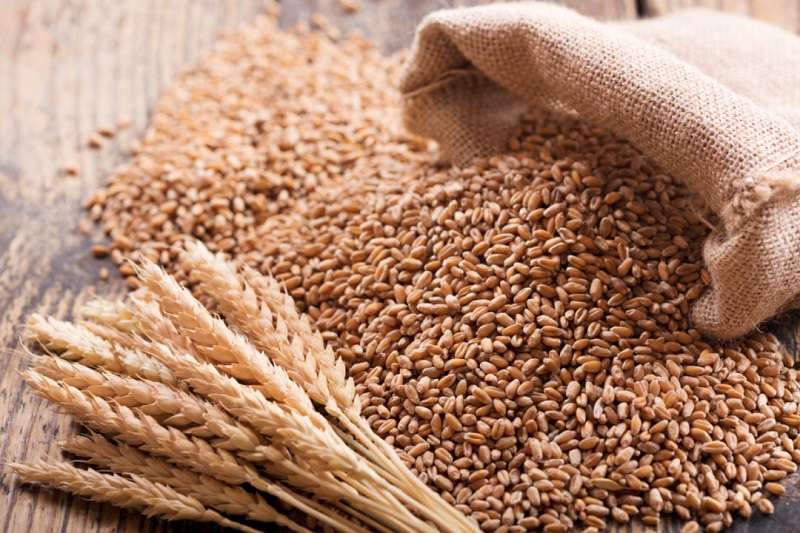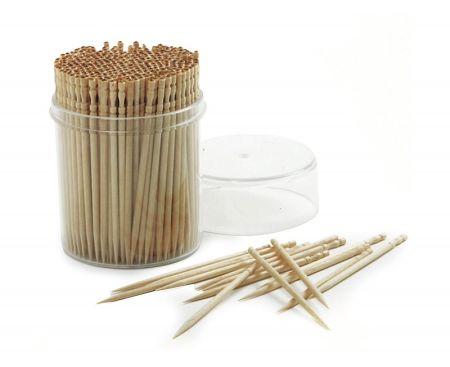September 12: The Salt Trading Corporation (STC) has been producing 1000 metric tons of wheat seeds annually. The corporation has been producing high-quality hybrid seeds in collaboration with the farmers under the Contract Farming programme. The programme started in 2004 aims to address the issue of shortage of high-quality wheat seeds.
The company had been producing 200 metric tonnes of seeds annually in the initial phase and has increased its quantity to 1,000 metric tonnes in recent days. The state-owned company has been producing improved varieties of wheat seeds in collaboration with more than 50 farmers from three districts-Bara, Parsa, and Chitwan. The STC and farmers are producing seeds in 500 bigahs of land to meet the demand for 15,000 bigahs of cultivable land.
The STC sells improved varieties of seeds worth more than Rs 50 million annually to the farmers. The Salt Trading Corporation sells the seeds to farmers after purchasing the seeds from the farmers and processing them through its processing plant in Hetauda. The STC started processing wheat seeds in 2004 by bringing a processing machine from Agrosa Industries Company, Haryana, India.
According to the STC, 30,000 metric tonnes of edible wheat is produced annually from the seeds of improved varieties in the country.
According to Krishna Kumar Khadka, departmental manager of Salt Trading Corporation, improved varieties of seeds have been produced from the original seeds provided by the Nepal Agricultural Research Council (NARC).
After purchasing and packaging the improved varieties of seeds produced by the farmers, the organization sends them to the market. The farmer can buy the seeds through various agro-vets and cooperatives.
The seed production has provided job opportunities to around 200 people including farmers, daily wage workers, and other employees. The STC says that the farmers have been able to get a good yield from the improved varieties of seeds produced in this way.
Khadka said that the production of high quality seeds within the country would stop the outflow of millions of rupees abroad, and it would help the overall economy.






















